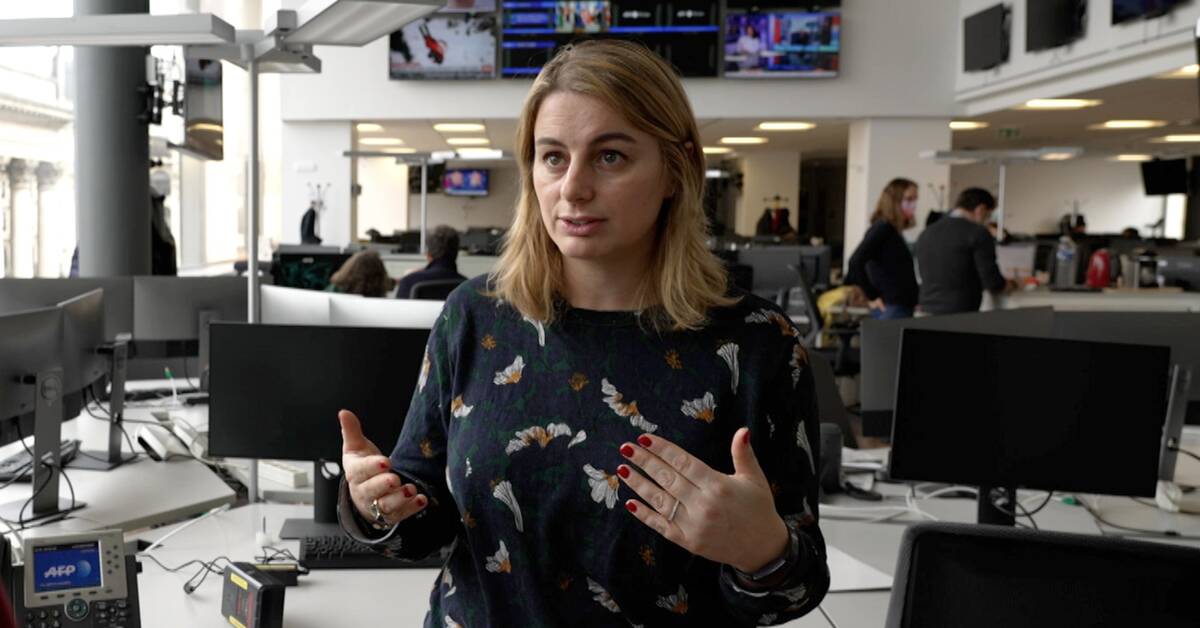- The media are also victims of fake news, because when they see that their colleagues publish something, they feel the pressure to also go out with the news quickly.
And may not have time to check it out properly, says Julien Mardas, CEO of Buster.ai
His company has created a service that utilizes artificial intelligence that is trained to read as a human would do if he was looking for arguments for and against something.
More advanced than a regular web search, because the computer must understand the meaning of what it says to answer a specific question.
They use so-called Machine Reading Comprehension, a language comprehension model that classifies the text according to themes and categories.
"Is massive"
- It's not that the computer is better at distinguishing true from false, it's that it can overview a large amount of material much faster and help people find the sources that speak for and against the claim, Mardas explains.
A large number of French media have also joined forces before the presidential election in a fact-checking project where they are helped to get to the bottom of allegations and rumors that are dubious.
Right now, most of it is about the war.
- The misinformation about it is massive in France.
Interest in the presidential election is very low, leaving room for false news about the Ukraine war.
Anti-waxers who previously spread misinformation about Covid have now switched to spreading false news about the Russian invasion, they have become active mediators of the Kremlin's propaganda.
It remains to be seen who can benefit from it in the presidential election, says Pauline Talagrand, who leads the fact-checking at the news agency AFP.
No doubt
Apart from their 130 fact-checked journalists worldwide, 20 other French media journalists are collaborating on the "Désinfox" project.
- It is important that we together, regardless of the media's otherwise different political orientation, show that there is no doubt about the truth.
That what is fact, it is not up for debate.

